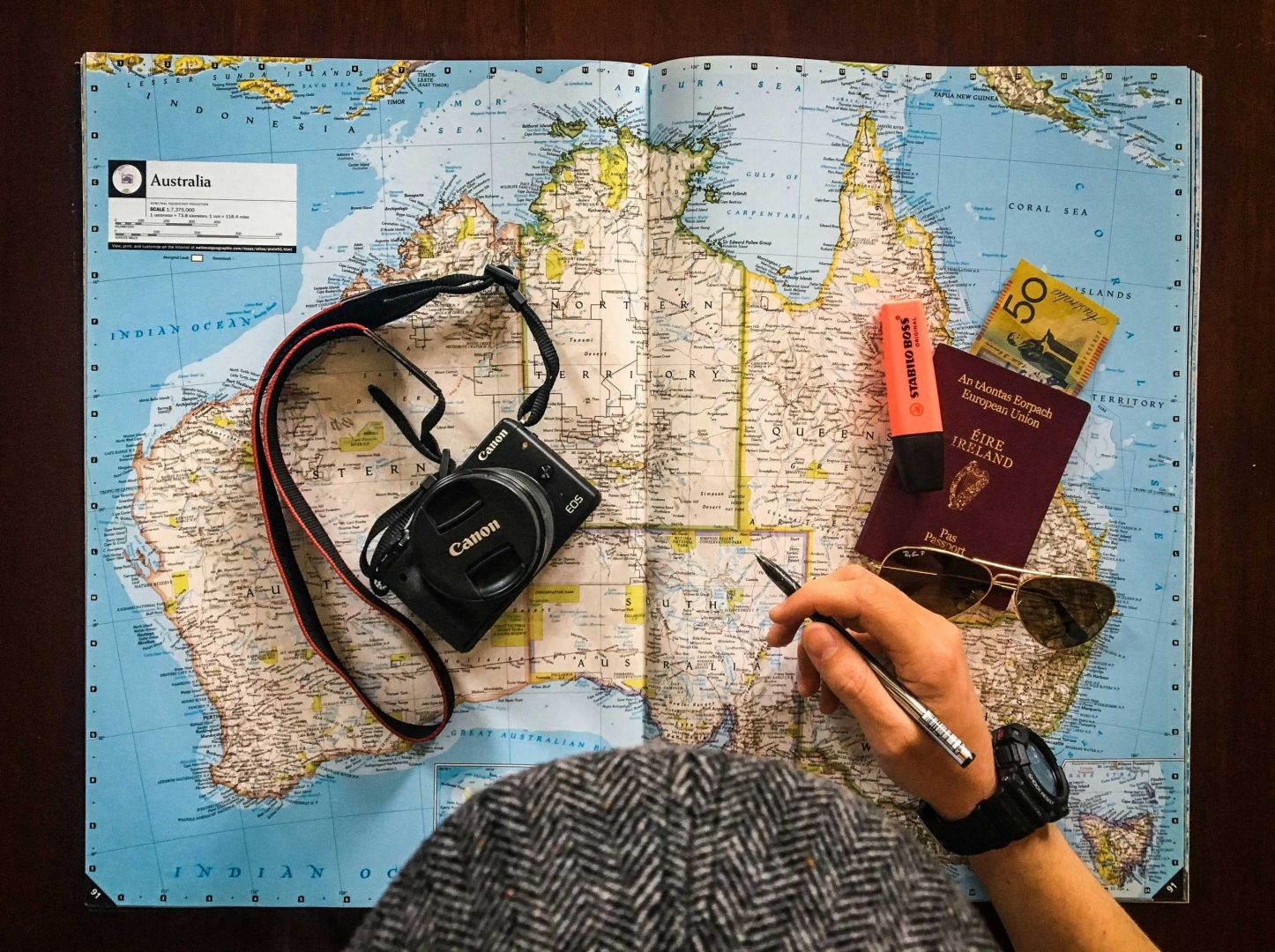Plan your next trip to Europe with First Choice

Trending
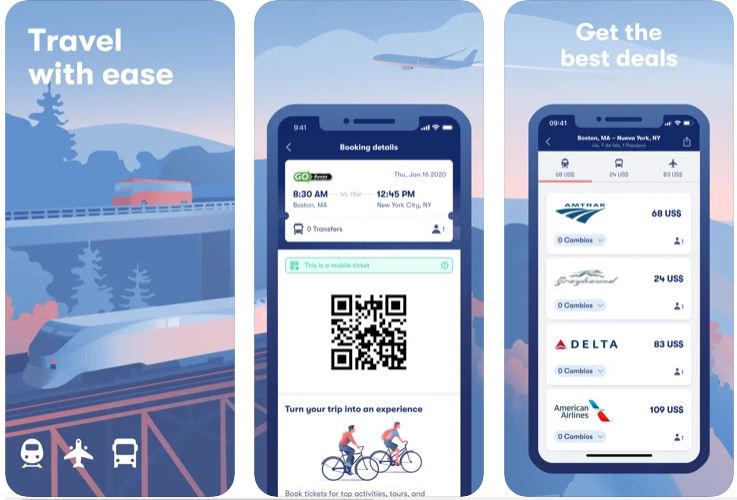
How to Find the Cheapest Train, Bus & Flight Tickets Using Omio
How to Find the Cheapest Train, Bus & Flight Tickets Using O

Agoda vs. The Rest: Why Budget-Savvy Travelers Choose Agoda First
Agoda vs. The Rest: Why Budget-Savvy Travelers Choose Agoda

Get last minute deals on flights
Get last minute deals on flights

Top Notch On-boarding experience and Service
Top Notch On-boarding experience and Service

Emirates Discount for Students: Get 10% Off on Your Next Flight Booking
Emirates Discount for Students: Get 10% Off on Your Next Fli

5 Reasons why you should choose Emirates for your next flight
5 Reasons why you should choose Emirates for your next fligh
Are you dreaming of sipping coffee at a Parisian café, exploring the winding streets of Rome, or admiring the stunning architecture in Barcelona? Look no further than First Choice for your next European adventure! With our expert travel tips and insider knowledge, we'll help you plan the trip of a lifetime.
From entry requirements to transportation options and everything in between, we've got you covered. So sit back, relax, and let's plan your unforgettable journey through Europe together!
Planning Your Trip to Europe
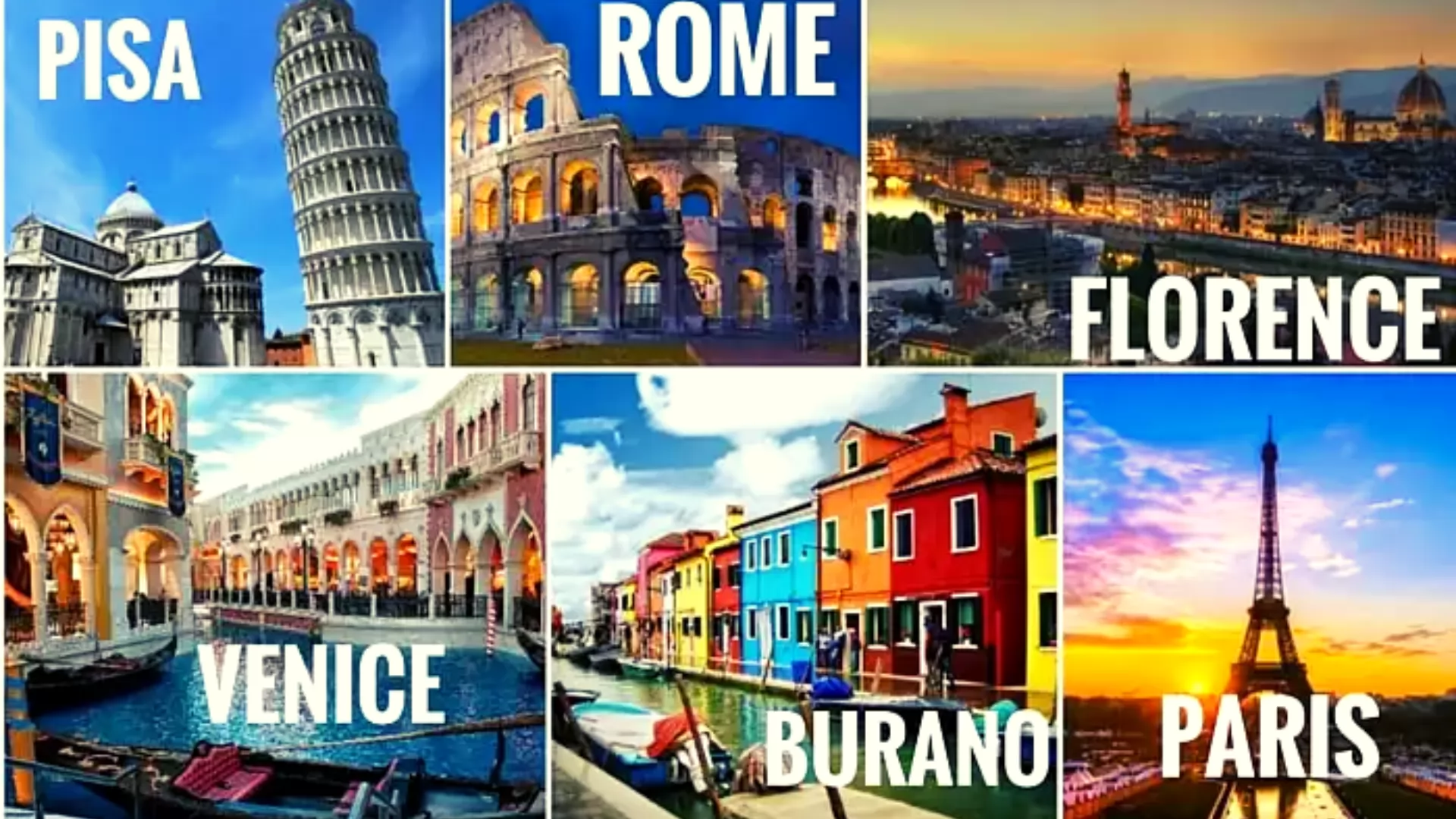
Europe is a vast and diverse continent, with countless destinations to choose from. Before you start planning your trip, it's important to decide where you want to go and what kind of experience you're looking for. Do you want to explore historic cities or relax on the beach? Are you interested in art and culture or outdoor adventures?
Once you've narrowed down your options, it's time to do some research. Look into the entry requirements for each country you plan on visiting, including visas and travel restrictions. You'll also need to consider currency exchange rates and any potential language barriers.
When deciding on your travel dates, keep in mind that peak tourist season can be crowded and expensive. Consider traveling during shoulder seasons (spring or fall) when there are fewer crowds but still pleasant weather.
Make sure that all of your necessary documents are up-to-date before departing for Europe – this includes passports, visas (if applicable), travel insurance, and international driver’s licenses if needed. With careful planning ahead of time, your European adventure will be smooth sailing!
Entry Requirements for Europe

Europe is a popular travel destination for people around the world. Before embarking on your journey, it's essential to know about entry requirements and visa regulations.
First things first, you need to have a valid passport with at least six months of validity remaining from the date of departure. If you're an American citizen or from one of the 62 countries in Europe's visa-waiver program, you don't require a visa for short stays up to 90 days.
However, if you're not eligible for this program, you'll have to apply for a Schengen Visa through the embassy or consulate of your point of entry country in Europe. The application process can take several weeks, so make sure to plan accordingly.
It's important to note that each country has its own set of rules and regulations when it comes to visas and immigration policies. Therefore, doing thorough research before traveling is crucial.
In addition to having proper documentation, travelers must also be prepared with necessary health-related certificates such as proof of vaccinations if required by specific countries.
Understanding the entry requirements will help ensure a smooth start to your European adventure!
What to Pack for Europe?

When it comes to packing for a trip to Europe, there are a few things you should keep in mind. Firstly, the weather can vary greatly depending on where you're visiting and what time of year it is. Secondly, Europeans tend to have a more formal fashion sense than Americans, so be sure to bring clothes that are appropriate for the occasion.
In terms of clothing, pack comfortable walking shoes or sneakers as there will be plenty of sightseeing involved. Bring layers such as light jackets and sweaters as temperatures can change throughout the day. If you plan on visiting churches or other religious sites, make sure your shoulders and knees are covered
It's always a good idea to bring a small backpack or purse for carrying essentials while exploring. Don't forget important items like travel adapters, chargers for electronic devices, and any necessary medications.
If you're planning on doing laundry during your trip, pack some detergent pods and dryer sheets in a plastic baggy- they take up minimal space but come in handy when needed.
Consider bringing an extra foldable duffel bag or suitcase with you if you plan on doing some shopping while abroad. It's better to have too much space than not enough!
Money Matters in Europe

When planning a trip to Europe, it is essential to consider the currency and how you will access your money. The Euro is the common currency in most European countries, but some countries still use their own currency. It's important to research which currencies are used in the countries you plan on visiting.
Before departing, it's also vital to notify your bank of your travel plans so they don't flag any transactions as fraudulent. Most banks offer international ATM withdrawals but expect fees for each transaction. Consider withdrawing larger amounts at once instead of multiple small withdrawals to save on fees.
Credit cards are widely accepted throughout Europe, but be aware that some places may only accept cash or have a minimum purchase requirement for card payments. Always carry some cash with you just in case.
Keep track of exchange rates and budget accordingly while traveling through different countries with varying costs of living. Don't forget about additional expenses like transportation and sightseeing fees when creating your budget. With proper planning and awareness, managing your money during a trip to Europe can be stress-free!
Transportation in Europe
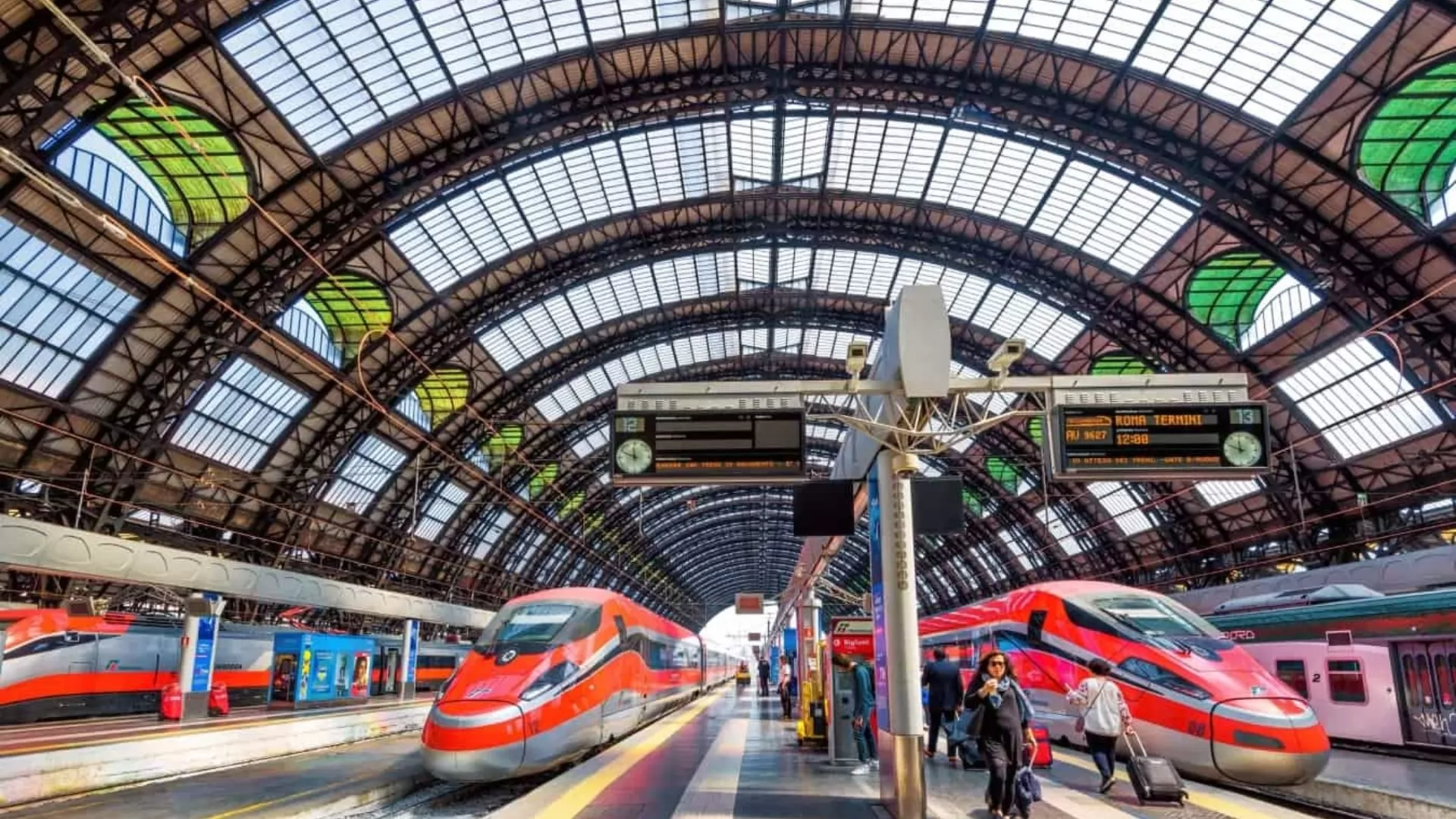
One of the best things about traveling across Europe is the ease and variety of transportation options available. From high-speed trains to budget airlines, getting around has never been easier.
If you're planning on visiting multiple cities or countries during your trip, consider investing in a rail pass. These passes allow for unlimited train travel within a certain region and can save you money in the long run.
For shorter distances or last-minute trips, budget airlines like Ryanair and EasyJet offer affordable flights throughout Europe. However, be aware of baggage fees and strict carry-on size limitations.
Public transportation systems such as buses and metros are also widely available in most major cities. Purchase day or multi-day passes for convenient access to all modes of public transport.
Don't forget about walking! Many European cities are easily navigable by foot and offer stunning views along the way. Plus, it's a great way to get some exercise after indulging in all the delicious food Europe has to offer.
Sightseeing in Europe
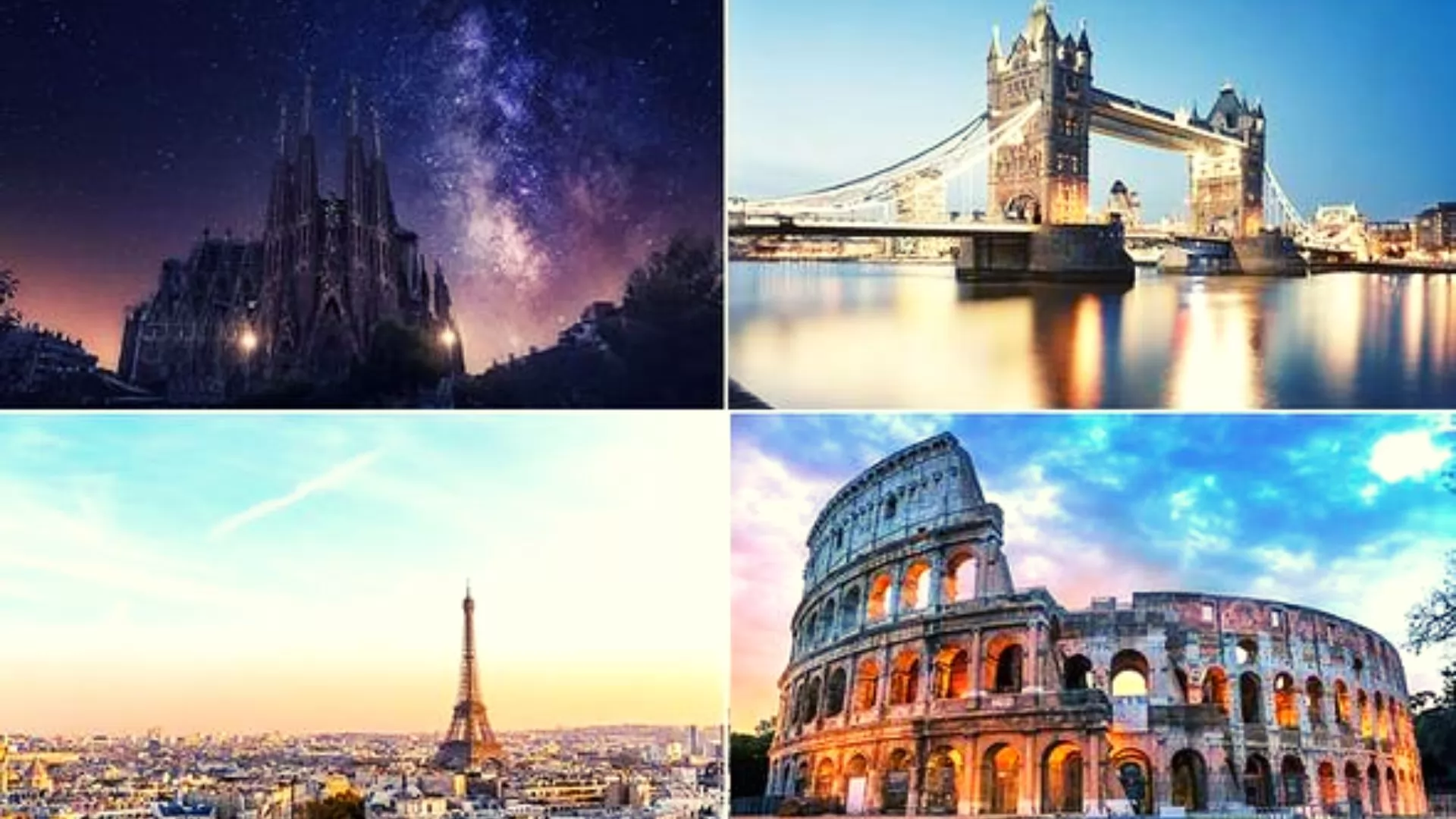
Sightseeing in Europe offers a unique experience that combines rich history and beautiful scenery. From grand palaces to stunning cathedrals, there is no shortage of iconic landmarks to visit.
If you're looking for a cultural experience, be sure to check out the Louvre Museum in Paris or the Vatican Museums in Rome. For breathtaking views, head up to the top of the Eiffel Tower or take a gondola ride through Venice's canals.
Don't forget about Europe's natural wonders as well! Take a hike through Switzerland's snow-capped mountains or explore Iceland's geothermal pools and waterfalls.
And let's not overlook Europe’s charming small towns such as Bruges in Belgium, Colmar in France and Sintra in Portugal. These towns exude an undeniable charm that will leave you feeling enchanted.
Whether you're interested in art, architecture or nature, sightseeing in Europe has something for everyone. So plan your itinerary wisely and get ready for an adventure of a lifetime!
Where to Stay in Europe?

When planning your trip to Europe, choosing the right place to stay is crucial. With so many different countries and cities to choose from, it's important to do some research on your options.
One popular accommodation choice in Europe is hostels. These budget-friendly options are great for solo travelers or groups of friends looking for a social atmosphere. Hostels offer shared dorm rooms as well as private rooms at affordable prices.
For those looking for more privacy and luxury, hotels are also abundant in Europe. From boutique hotels with unique decor to large chain hotels with amenities like pools and spas, there's something for every traveler.
Another option that has gained popularity in recent years is vacation rentals through sites such as Airbnb or HomeAway. This allows travelers to rent out entire apartments or homes, giving them the freedom and space to feel like a local.
No matter where you decide to stay in Europe, make sure it fits your budget and needs while also providing easy access to transportation and nearby attractions.
Dining and Nightlife in Europe
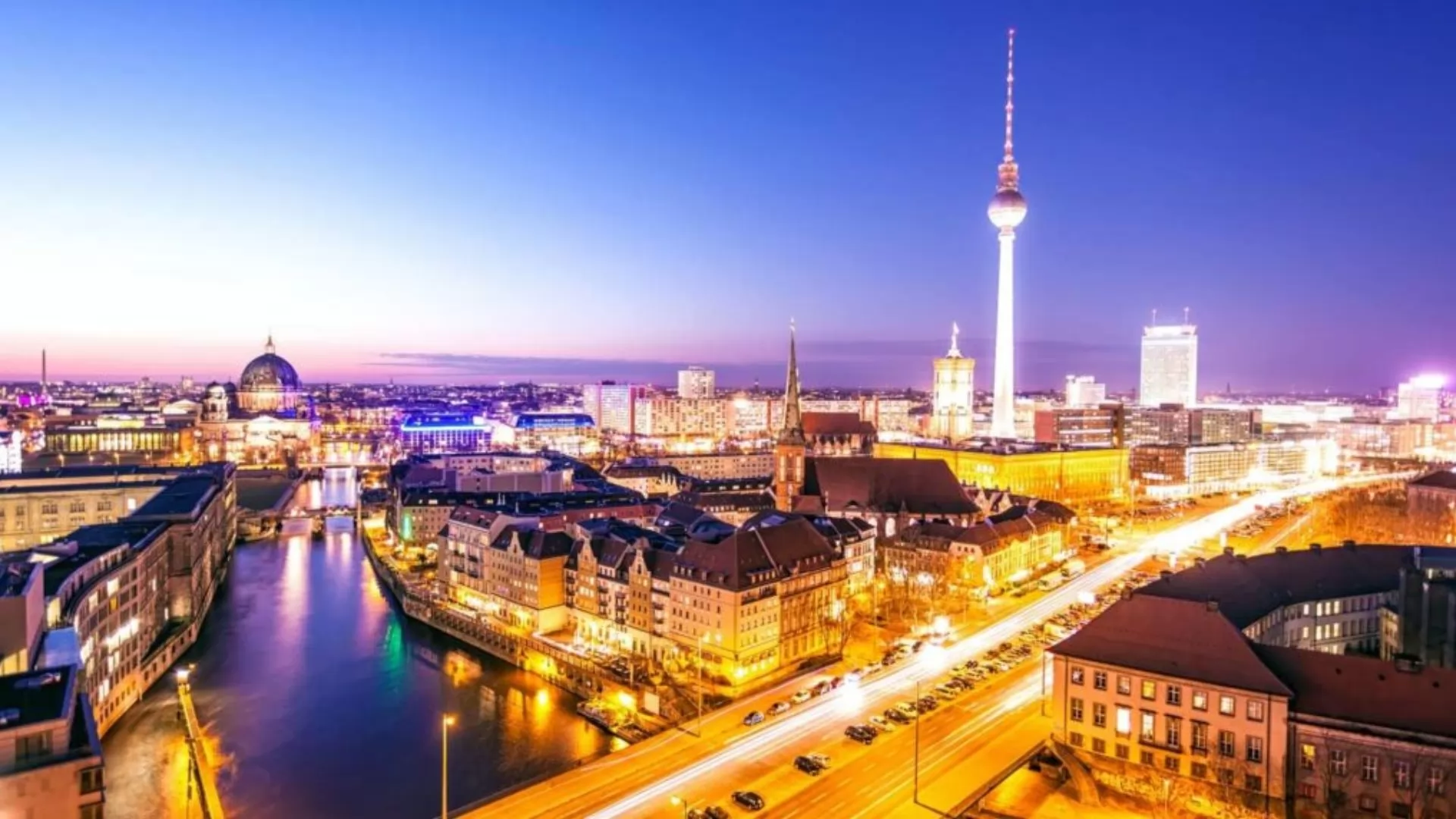
Dining and nightlife in Europe are an integral part of the continent's culture. Europe is famous for its signature cuisines, fine wines, and lively night scenes. From traditional taverns to Michelin-starred restaurants, there’s something for everyone.
Each European country has its unique culinary traditions that tourists should try when visiting. Italy is known for its pizza and pasta dishes, while France offers a wide range of cheeses and pastries. Spain serves mouthwatering tapas, while Germany has their famous sausages.
In addition to dining experiences, Europe also boasts vibrant nightlife scenes in major cities such as London, Paris, Berlin, Amsterdam and more. Nightclubs play popular music genres ranging from techno to hip-hop with drinks flowing all night long.
For those who prefer a more laid-back atmosphere can enjoy lounges or bars serving cocktails created by expert mixologists using locally-sourced ingredients












